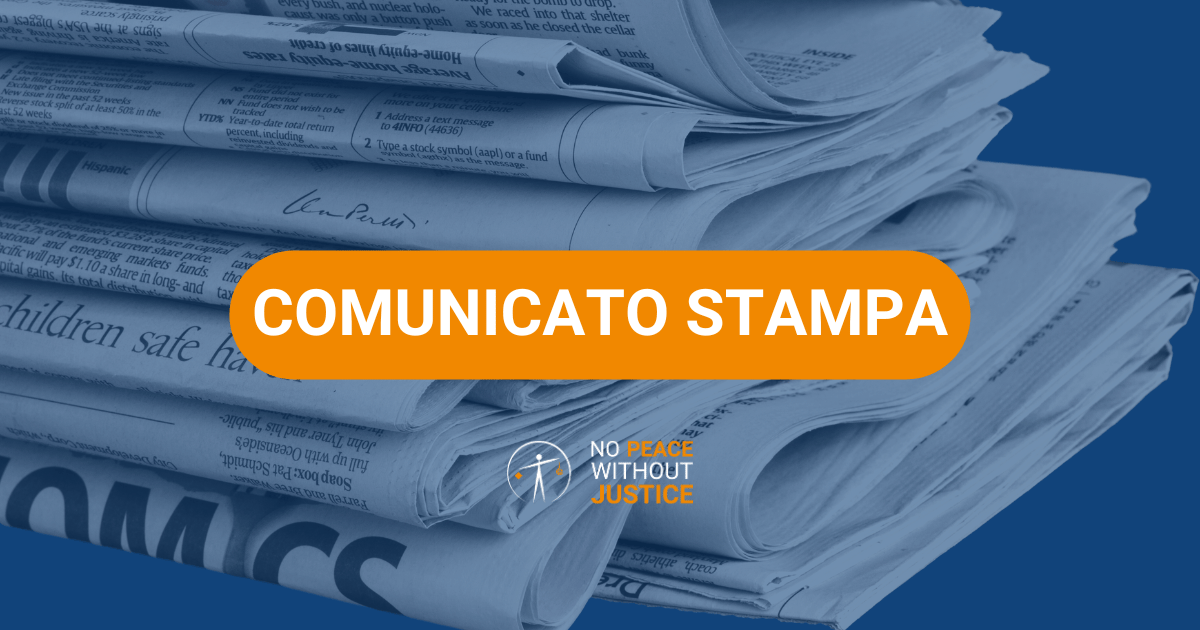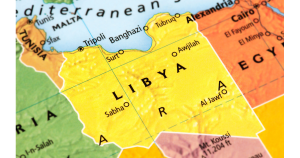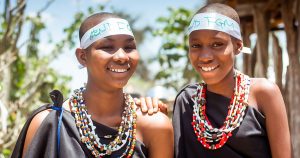Trial Chamber II of the Special Court for Sierra Leone has issued the first judgement against those accused before it of serious crimes under international law. This judgement is an important step in the accountability process for the people of Sierra Leone and for international criminal justice world-wide, also because it is the first decision of any international court on the crimes of recruitment of child soldiers and of forced marriage, charged as a crime against humanity.
Statement by Sergio Stanzani and Gianfranco Dell’Alba, President and Secretary-General of NPWJ:
“No Peace Without Justice welcomes that this first judgement has been issued by the Special Court for Sierra Leone, a decision that we have all been waiting for since the arrest of Brima, Kamara and Kanu in March 2003. Despite the absence of Johnny Paul Koroma, the former leader of the Armed Forces Revolutionary Council (AFRC), alongside his colleagues in the dock, the judgment stands as an important recognition of the suffering of the people of Sierra Leone at the hands of the AFRC: both the facts and the responsibility of the accused have been proved beyond reasonable doubt in a court of law.
“Much of what was found by today’s decision is mirrored by NPWJ’s findings in its Conflict Mapping program in Sierra Leone, where the analysis of records gathered from key persons throughout Sierra Leone demonstrated very clearly the reign of terror inflicted by the AFRC during its heyday. NPWJ’s Conflict Mapping program in Sierra Leone reconstructed the chain of events during the conflict through gathering information in the field and analysing the decision-making processes, the order of battle and command structures of the various forces as they evolved over time and space to ascertain the role of those who bear the greatest responsibility for policies of systematic and massive violations of the laws of war. This chronological and geographical mapping of the conflict, including reconstructing the order of battle and chain of command, served to prevent denial of those events and provided to the Special Court prima facie accountability for violations of international humanitarian law. We hope that every Sierra Leonean who participated in that program and everyone who suffered at the hands of the AFRC sees their story reflected in NPWJ’s Conflict Mapping Report and in the Trial Chamber’s judgment and feels part of the process that is taking place in their name.
“Although today’s decision is an historic step, it is by no means the last in Sierra Leone’s long road towards achieving accountability for the horrors of the past. We still await decisions in the other important cases being heard before the Special Court, including the decision in the trial of President Charles Taylor, whose case began on 4 June 2007 in The Hague, which remains of great concern to us. As we have said consistently since the idea was first raised to move President Taylor’s trial off African soil: let him face justice before the people whose lives he changed irrevocably. Bring him back to Freetown and dispel the myths that Africa cannot deliver justice and that important people somehow are deserving of special treatment before the law.
“The case is still not over for those against whom a judgment was issued today: they still have the right to appeal, despite its erosion on so-called “jurisdictional issues”. It will be critical for the integrity of the Court and its proceedings that any appeal is dealt with fully and fairly and is communicated effectively and efficiently to the people of Sierra Leone, who must be kept as engaged during this phase as they have been during the pre-trial and trial phases. We may all feel a sense of closure today, but it is not over until the final appeal in the final case has been issued. Anything less and it would have been better not to have started at all.”
For more information please contact Alison Smith, phone: +32-2-548 39 12 – fax: +32-2-511 8100 – asmith@npwj.org



